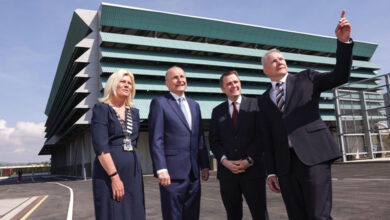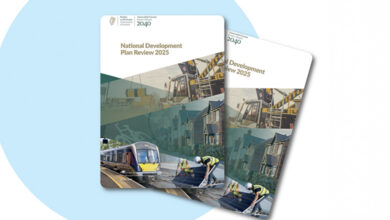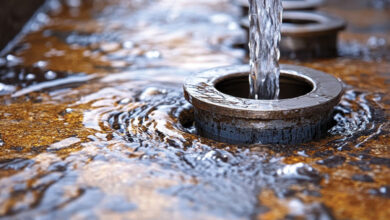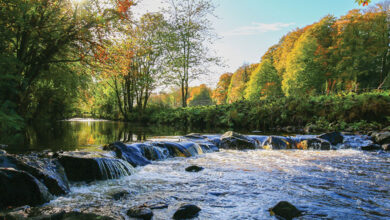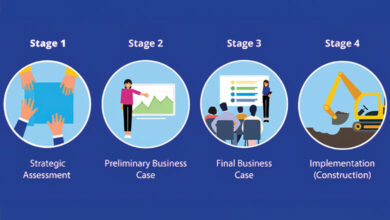Ending raw sewage in Ireland: Uisce Éireann’s commitment to wastewater transformation
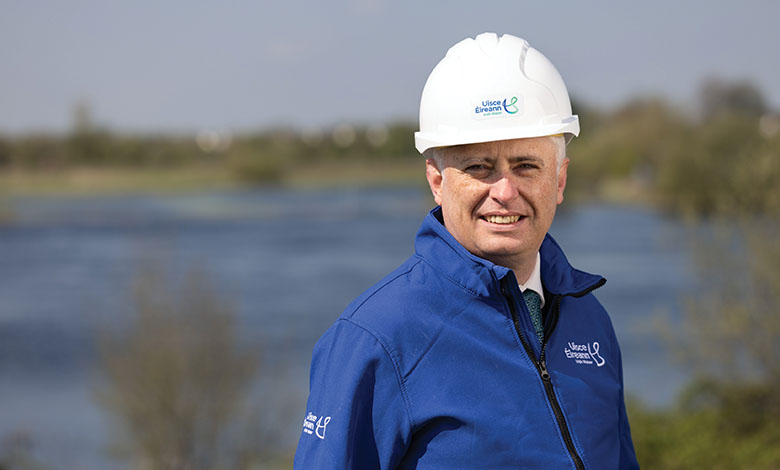
At Uisce Éireann, we believe that every community deserves clean water and a healthy environment, writes Michael Tinsley, Infrastructure Delivery Senior Portfolio Manager, Uisce Éireann.
For too long, untreated wastewater has flowed into rivers, estuaries, and coastal waters across Ireland. This is not just an environmental issue; it is a public health concern, and a barrier to development in many rural communities.
That is why we are committed to ending raw sewage discharges from all the towns and villages that have never had wastewater treatment. It is a hugely ambitious infrastructure programme, and it is central to our mission of delivering safe, sustainable water services for all.
The scale of the challenge
In 2014, 50 locations across Ireland were identified as discharging raw sewage daily. These were communities where public sewers existed, but no treatment plants had ever been built. Since then, we have made significant progress. As of mid-2025, 35 of these locations have been completed, and six more are under construction. That means over 85 per cent of raw sewage discharges by volume have now been eliminated.
There are plans for the remaining nine locations, prioritising the areas where we can make the biggest impacts first. However, these remaining locations face a number of complex barriers, including planning and licensing issues, site acquisition delays, and legal challenges.
Arklow: A national milestone
The opening of the Arklow Wastewater Treatment Plant this year marked a major milestone. Serving a population equivalent of 24,000 (with the capacity to expand to 36,000), this facility has ended the daily discharge of the equivalent of 14,000 wheelie bins of raw sewage into the Avoca River. It is a symbol of what we can achieve when planning, funding, and community support align.
Speaking at the launch of the Arklow Wastewater Treatment Plant in May, An Taoiseach Micheál Martin TD noted that projects like this highlight the vital role of strategic infrastructure investment in meeting the country’s demand for housing while also protecting and enhancing the environment.
Other areas that have seen the benefits of our investment in eliminating raw sewage include Cóbh and Ringaskiddy in County Cork; Kilrush and Liscannor in County Clare; Bundoran in County Donegal; Rush in Dublin; Spiddal in Galway; Ballylongford in County Kerry; Killala and Belmullet in County Mayo; Dunmore East in County Waterford; and Kilmore Quay in County Wexford.
For a full list of areas where projects have been completed or an underway see www.water.ie/rawsewage
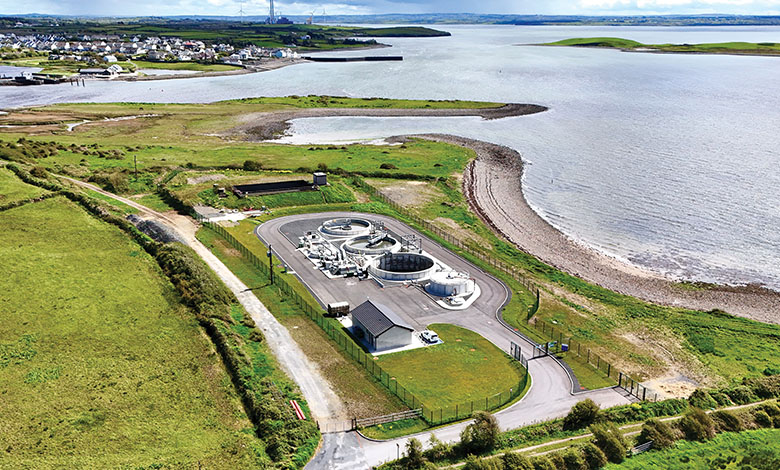
Challenges in consenting and approvals process
Uisce Éireann is committed to providing treatment in the remaining nine locations. However, this is not without its challenges, and we have experienced delays in obtaining the necessary statutory consents for the projects and encountered legal challenges in a number of locations.
Our teams are required to engage with multiple legislative regimes and multiple competent authorities when obtaining consent for upgrades and the construction of new infrastructure.
For example, an upgrade to a Wastewater Treatment Plant may require a planning permission, a wastewater discharge authorisation, a foreshore licence, and landowner consents, such as wayleaves or CPO. This requires each consenting authority to enter into separate independent deliberative processes, each of which is subject to its own timelines, delays and the potential for judicial review of each decision.
We acknowledge the significant progress that is being made in planning reform. When the Planning and Development Act 2024 is commenced, we expect that we will benefit from statutory decision-making timelines for An Coimisiún Pleanála.
We also acknowledge the Ministerial Action Plan on Resourcing the Planning Sector, and the additional resources provided to An Coimisiún Pleanála should enable them to meet their deadlines. We are continuing to engage with government and regulators to explore reforms that would prioritise critical infrastructure and streamline approvals.
Human stories and community impact
Our messaging is clear and consistent: untreated wastewater is unacceptable, and we are committed to ending it. The raw sewage programme is not just about pipes and plants; it is about supporting communities, protecting nature, and enabling growth.
Behind each one of these projects is a community that has lived with the consequences of untreated wastewater.
In Newport, County Mayo, for example, two untreated discharges continue to threaten shellfish waters and recreational areas. Our plan to build a new treatment plant and outfall will transform the local environment and support tourism and growth. But delays in licensing have stalled progress, and the community is still waiting.
Looking ahead
The elimination of raw sewage discharges is a cornerstone of our strategic plan. It aligns with our commitments under the Water Services Policy Statement, the National Planning Framework, and the EU Urban Wastewater Treatment Directive. It supports housing, protects the environment, and builds public trust.
But we cannot do it alone. We need continued support from Government, regulators, and communities. We need planning reform, licensing clarity, and sustained investment. And we need to keep telling the story – of progress, of challenges, and of the people we serve.
At Uisce Éireann, we are proud of what we have achieved. But we know there is more to do. Together, we will end raw sewage in Ireland and build a wastewater system that is fit for the future.
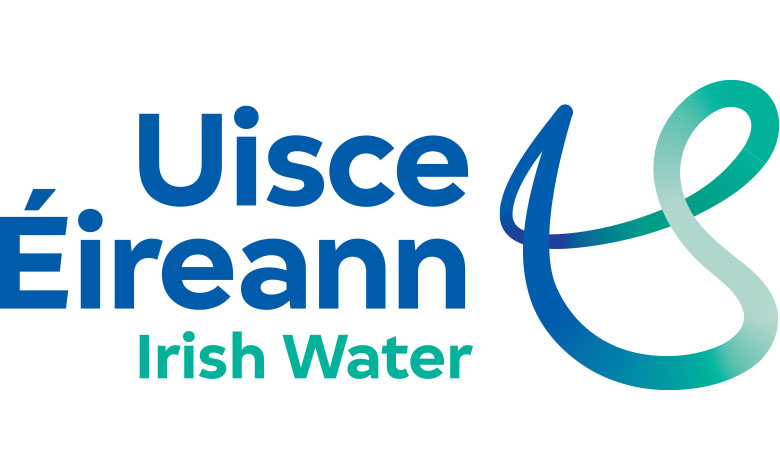
W: www.water.ie

